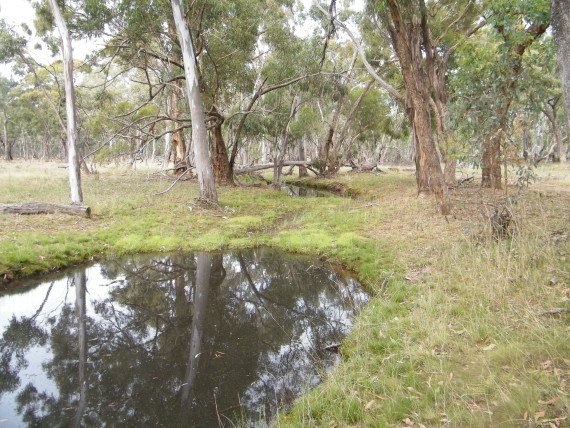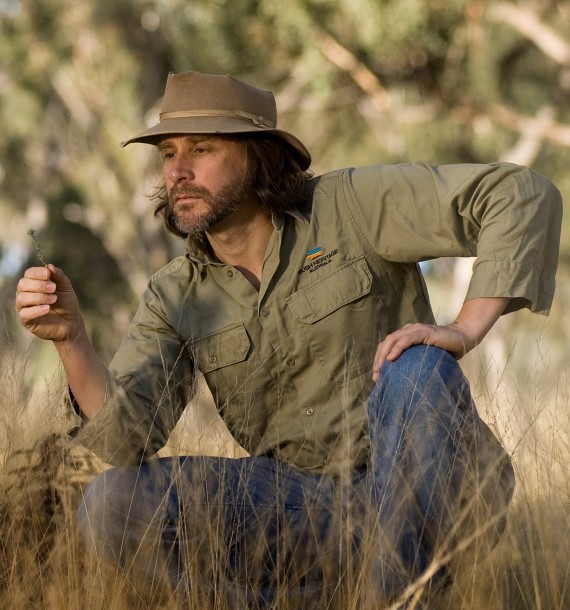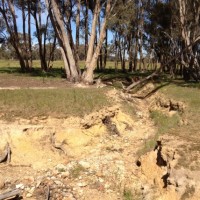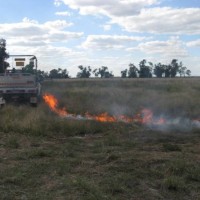Restoration management

Restoration ecology has emerged in recent decades as an exciting new field of ecology devoted to restoring and renewing modified, degraded and seriously damaged ecosystems and habitats. As we have learnt more about how natural ecosystems function, it has become clear we cannot assume many disturbed habitats will spontaneously repair and restore themselves. Many systems will remain locked in a semi-permanent degraded state or will continue to actively deteriorate if no action is taken. Restoration ecologists argue that we cannot claim to be maintaining a healthy and sustainable environment unless we make active and deliberate interventions to repair damage and reverse the typical trend of decline or stagnation.
Paul has regularly advised organisations, community groups and individual land holders throughout his career on both the theory and practice of restoring degraded bushland using a wide range of tools such as: reintroducing important and/or lost species; restoring soil health; advising on stock management and total grazing pressure; ecological thinning; improving landscape connectivity; restoring or manipulating surface hydrology; encouraging natural regeneration to increase habitat; pest plant management; increasing microhabitat and structural diversity; and reintroducing natural disturbances such as fire.
Services include: advising and planning restoration projects at the property scale or broader; facilitating restoration management workshops and field days; and establishing restoration monitoring programs designed to assess short and long term effectiveness.




